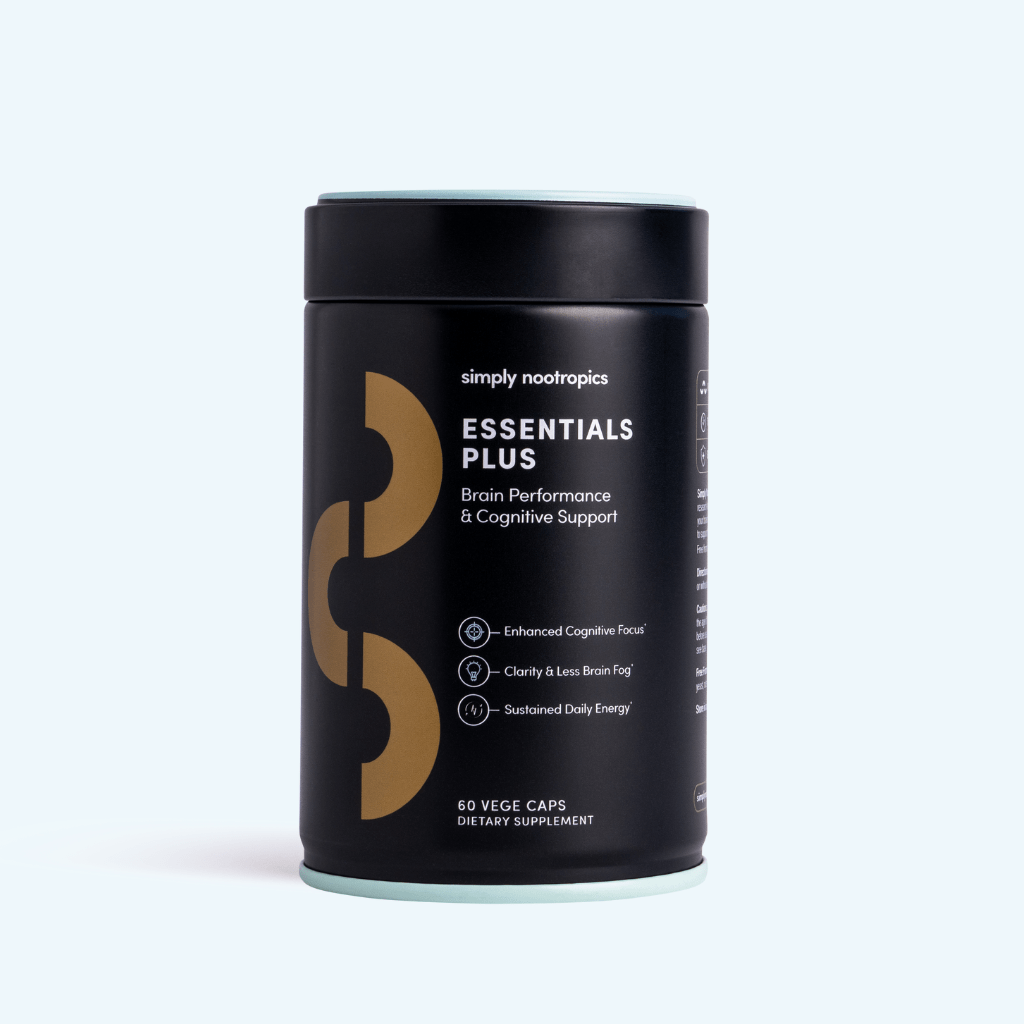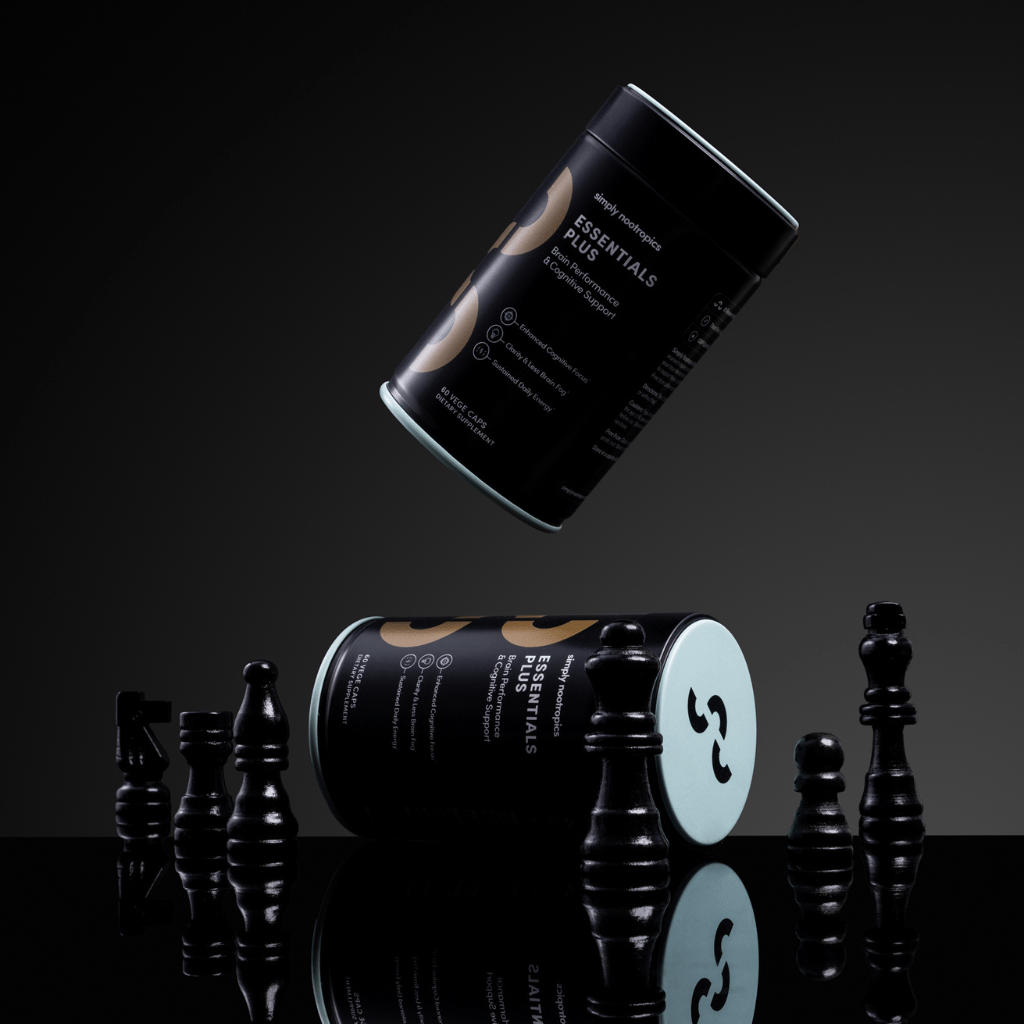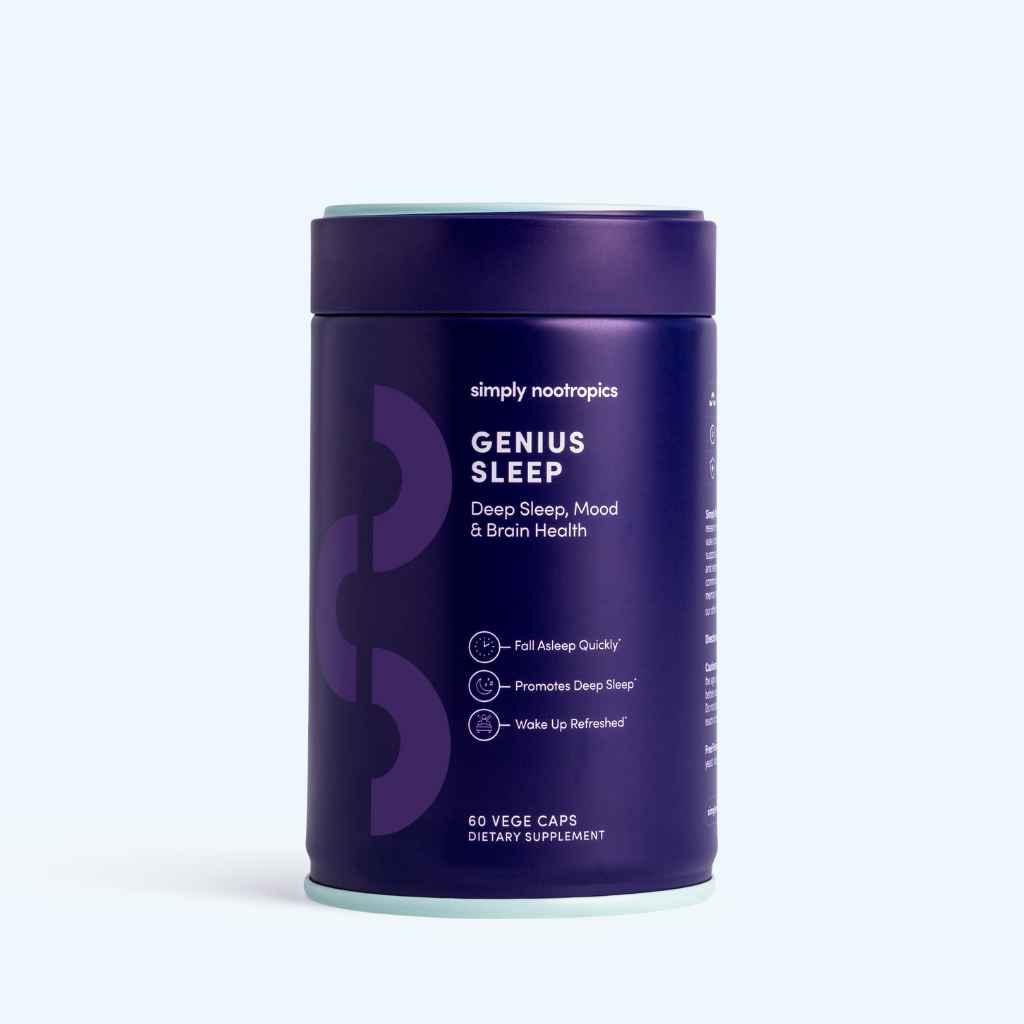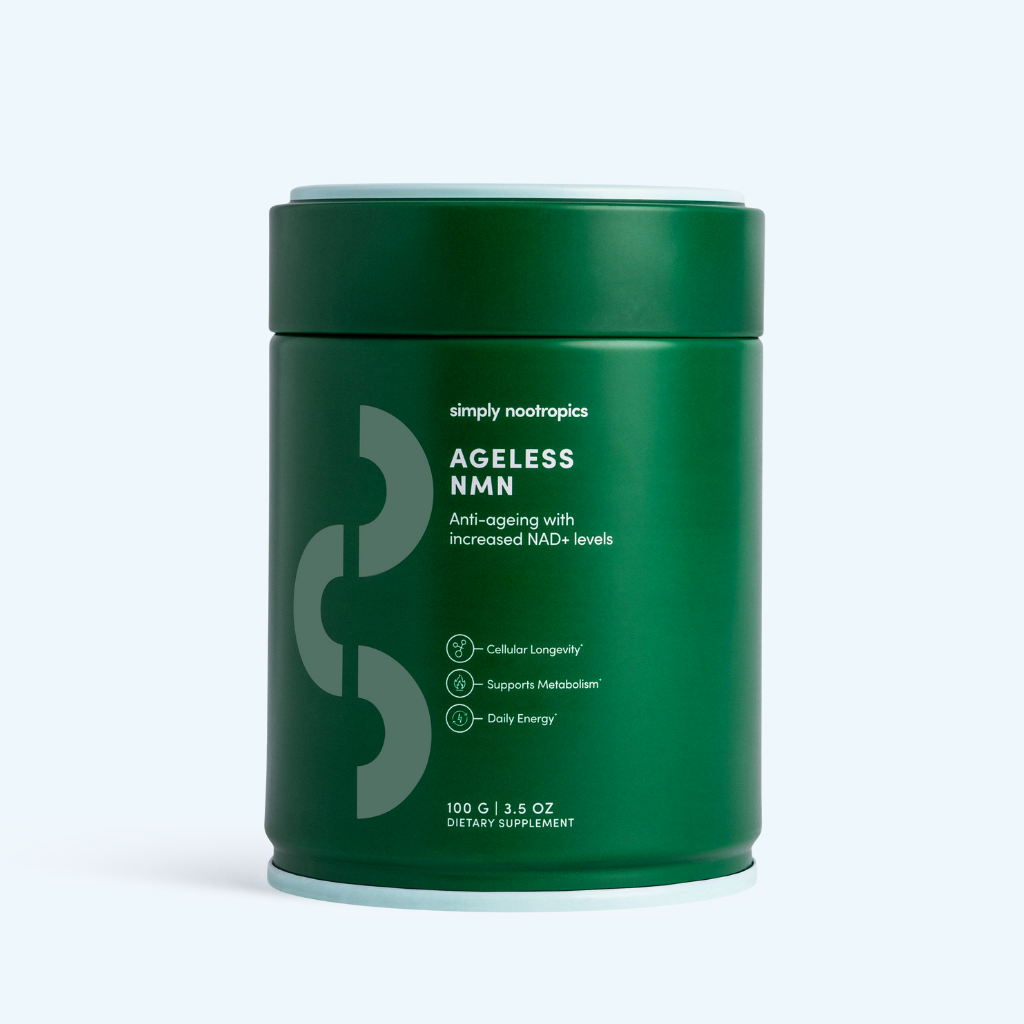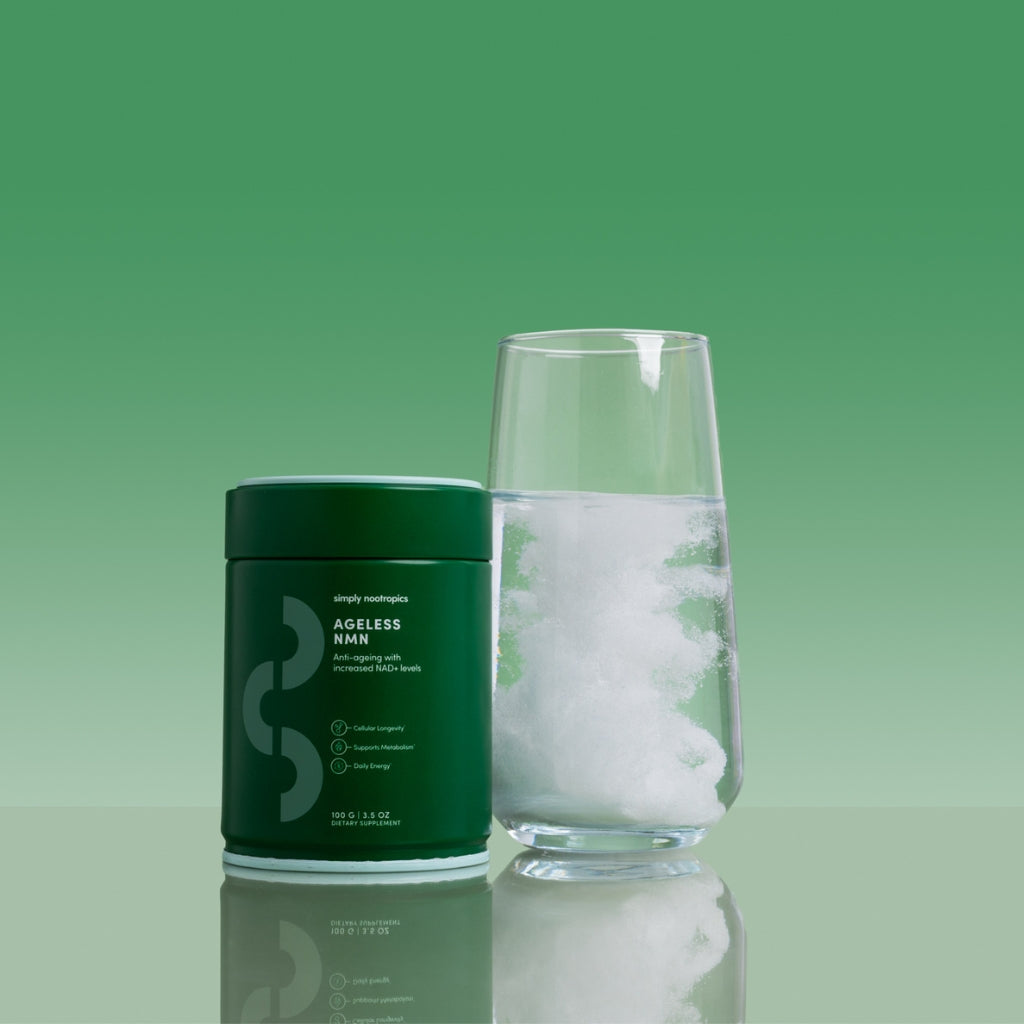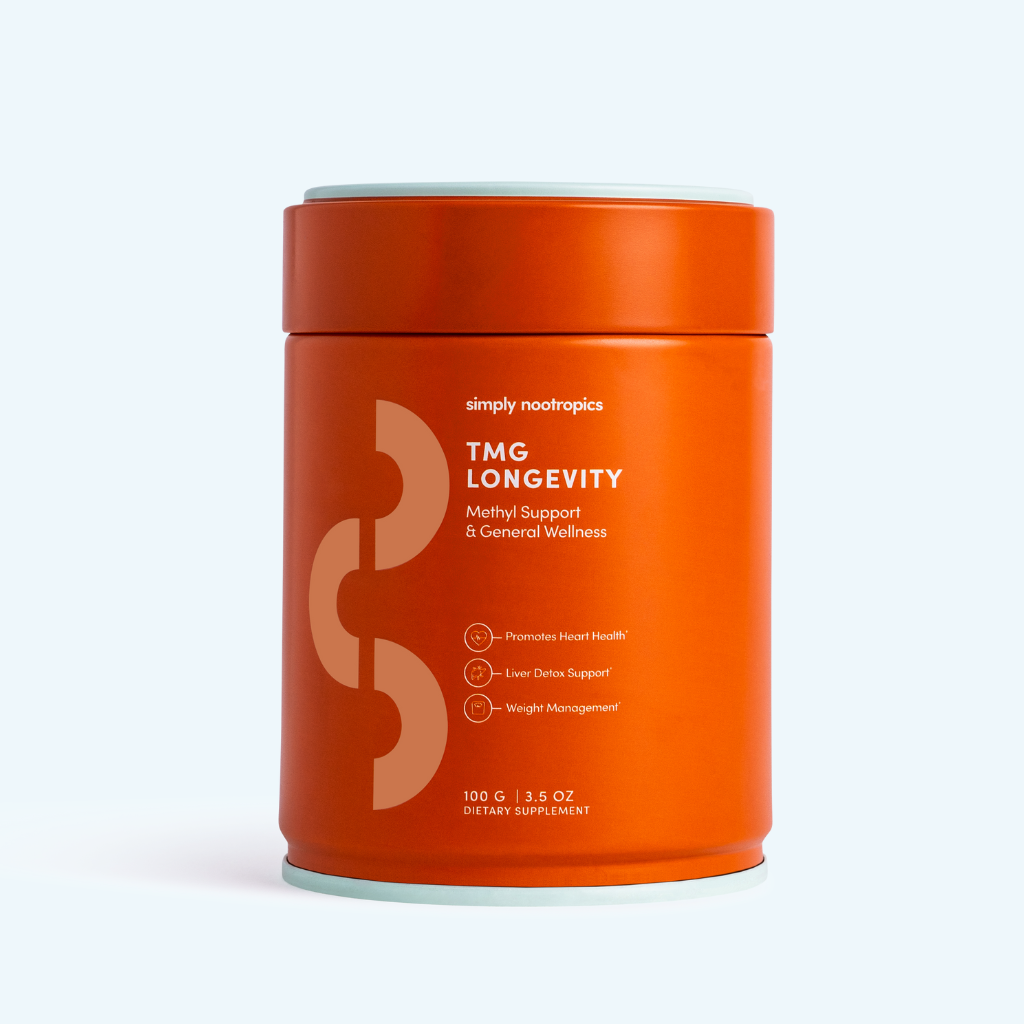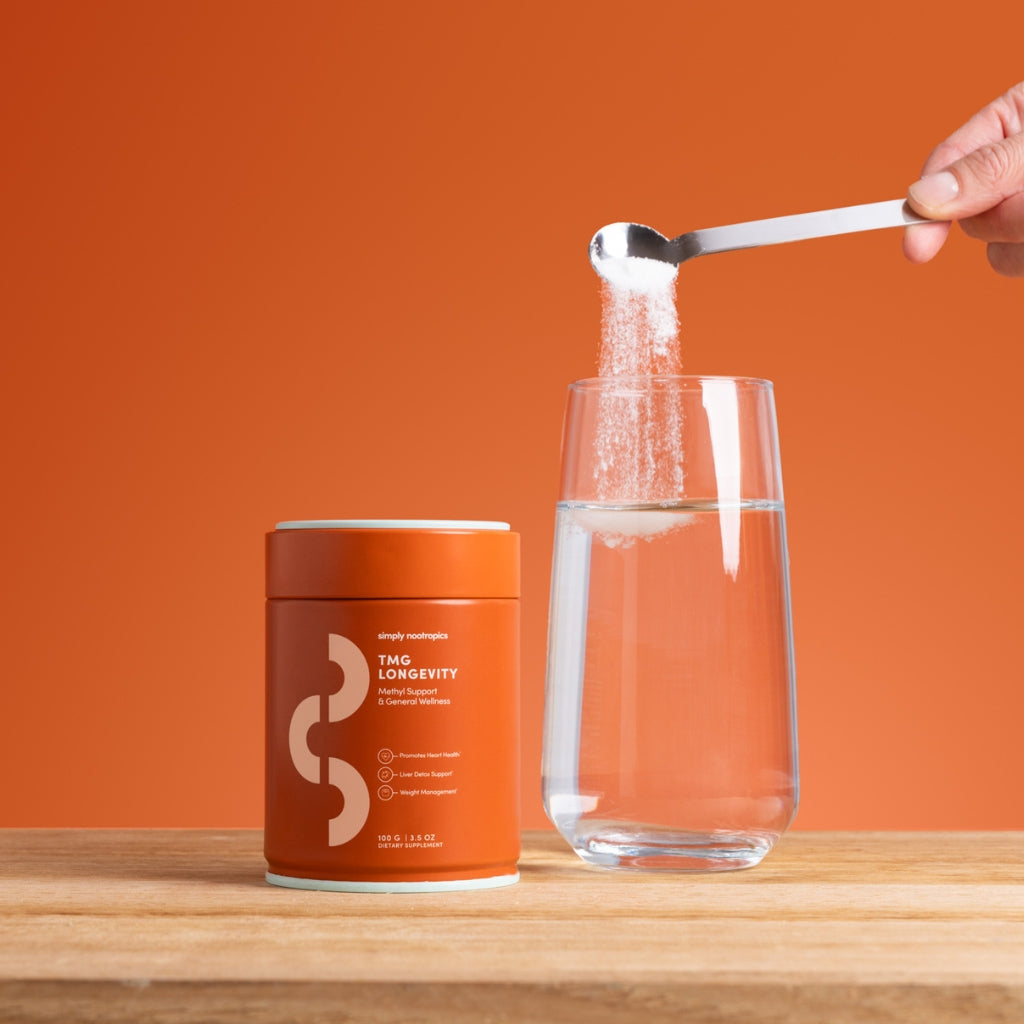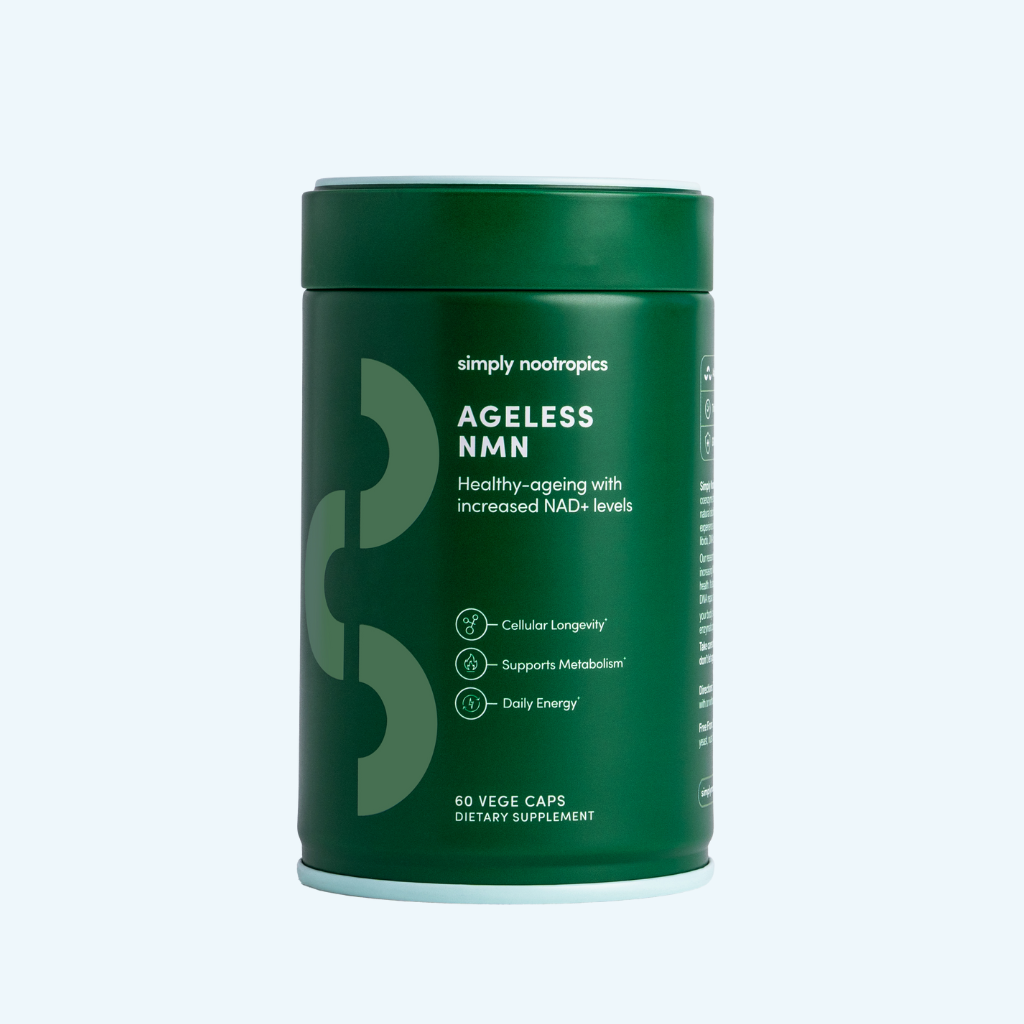Andrew Huberman, the brain behind Stanford’s Huberman Lab, doesn’t just think exercise is good for you; he’s found that it can even rewire your brain for sharper focus, better learning, and long-term health. Far from suggesting the usual random workouts, Huberman’s research shows instead that specific types of movement create the neurochemical changes your brain needs to thrive.
While any physical activity is better than none, he describes the four key types of exercise that you should be doing every week in order to improve your brain health. These exercises are targeted to create neurochemical pathways that build the foundation for real longevity.
The Importance of Timing
First of all, Huberman starts by defining the importance of timing. You might assume that as long as you’re working out, you’re getting all the benefits. While this is partly true, grouping your exercises closer together in the day amplifies their positive effects on brain performance. This is because consistent and compact exercise patterns create a neurochemical environment that supports learning, focus, and memory.
But the truth is that none of this works optimally without quality sleep. Sleep is the foundation that allows your brain to consolidate the gains made during exercise, whether it’s cognitive improvements or physical adaptations.
The 4 Types of Exercise for Brain and Longevity
Now that we understand the importance of timing and sleep, let’s explore the four types of exercise that Huberman highlights for brain health and longevity. Each of these has a specific role in creating the neurochemical outcomes that help your brain function better and last longer.
1. Long Slow Distance Training
This might sound fancy, but it’s essentially any sustained, low-intensity cardio activity, just like walking, jogging, or cycling at a steady pace. Long slow distance training is less about speed and more about consistency.
Why it matters:
-
Long slow distance training helps regulate cortisol, the stress hormone, which can improve mood and reduce anxiety.
-
It promotes the release of endorphins, your brain’s natural feel-good chemicals.
-
It supports brain plasticity (the ability to adapt and form new neural connections) by increasing blood flow to the brain.
How to integrate it:
Start with a brisk 30-minute walk or a light jog in the morning. If you can, pair this with some time outdoors to soak in natural light, which further boosts brain function and sets your circadian rhythm for the day.
2. Time Under Tension (TUT) Resistance Training
Resistance training isn’t just about building muscle, it’s also great for brain health. Time under tension (TUT) involves controlled, slow movements during strength exercises to maximize the amount of time your muscles are engaged.
Why it matters:
-
TUT training improves focus and body awareness by requiring deliberate, mindful movements.
-
It promotes the release of brain-derived neurotrophic factor (BDNF), a protein critical for learning and memory.
-
Engaging large muscle groups also supports hormonal balance, including growth hormone and testosterone, which are linked to brain health.
How to integrate it:
Focus on exercises like squats, lunges, or push-ups. Slow down your movements, aiming for a controlled 4-5 second descent (eccentric phase) and 2-3 seconds on the return (concentric phase). Two or three sessions per week are enough to see benefits.
3. Explosive Movements with Eccentric Loading
Explosive exercises might sound intimidating, but they’re one of the most effective ways to challenge your brain and body simultaneously. These involve quick, high-intensity movements like jumping, paired with a controlled landing (eccentric phase) to engage your muscles and joints.
Why it matters:
-
Explosive movements enhance coordination and reaction time by engaging the motor cortex of the brain.
-
The eccentric phase builds strength while reducing the risk of injury.
-
It creates a neurochemical boost by stimulating adrenaline and dopamine, improving focus and motivation.
How to integrate it:
Try exercises like box jumps, jump squats, or burpees. Focus on landing softly and controlled to maximize the eccentric benefits. Start with 3 sets of 5-8 reps, two times per week.
4. High-Intensity Interval Training (HIIT)
If you want a quick way to elevate your heart rate and boost your brain power, HIIT is your go-to. Alternating between short bursts of intense activity and brief recovery periods creates a dynamic workout that challenges both your body and mind.
Why it matters:
-
HIIT improves cardiovascular health by pushing your heart to work harder during the intense phases.
-
It stimulates the release of norepinephrine, a neurochemical that enhances attention and focus.
-
Short, intense workouts also increase overall energy expenditure, making them ideal for those short on time.
How to integrate it:
A simple HIIT workout could include 30 seconds of sprinting followed by 1 minute of walking, repeated 6-8 times. Tailor the intensity to your fitness level and aim for 2-3 sessions per week.
How These Exercises Shape Brain Health
What ties these four exercise types together is their ability to create specific neurochemical outcomes in the brain. By elevating dopamine, endorphins, and BDNF, they help you:
-
Learn better: Exercise primes the brain for improved memory and learning by increasing blood flow and oxygenation.
-
Stay motivated: Neurochemical boosts make you feel more energized and focused, helping you stick to your goals.
-
Support longevity: Consistent movement protects against cognitive decline, enhances mood, and improves overall brain function.
The key is balance. Mixing these exercise types throughout the week creates a well-rounded routine that benefits both brain and body.
Building Your Brain-Boosting Routine
In order to prove to you that integrating these exercises in your routine doesn’t have to be difficult, here’s a sample weekly plan to get you started:
-
Monday: 30 minutes of long slow distance walking or jogging.
-
Wednesday: TUT resistance training with squats, lunges, and push-ups.
-
Friday: HIIT workout (e.g., sprints and recovery periods).
-
Sunday: Explosive movements like box jumps or jump squats.
Remember, timing matters! Try to group your workouts closer together during the day to maximize the neurochemical benefits, and don’t forget the most crucial element: quality sleep to consolidate those gains.
Huberman’s research challenges us to think differently about exercise, not as a chore, but as a deliberate act of brain-building. Each of these four exercises is like a tool to help us achieve sharper focus and better resilience.
While exercise is a powerful tool for brain health and longevity, adding the right supplements can take your results to the next level. As Andrew Huberman puts it, “many supplements are extremely efficacious, for example, for enhancing focus, and many of those compounds are simply not found in food or are not found in enough abundance in food to have the desired effect.” NMN, for example, is a NAD+ booster that enhances how your body generates energy, making sure you can push harder during workouts and recover faster afterward. By pairing Simply Nootropics Ageless NMN with exercise, you’re not just boosting your physical, but also your cognitive health.



